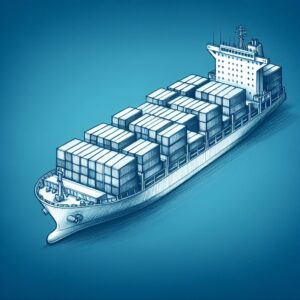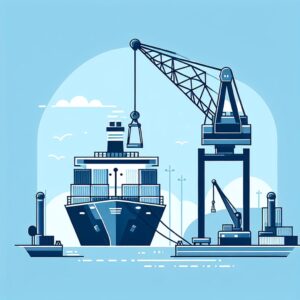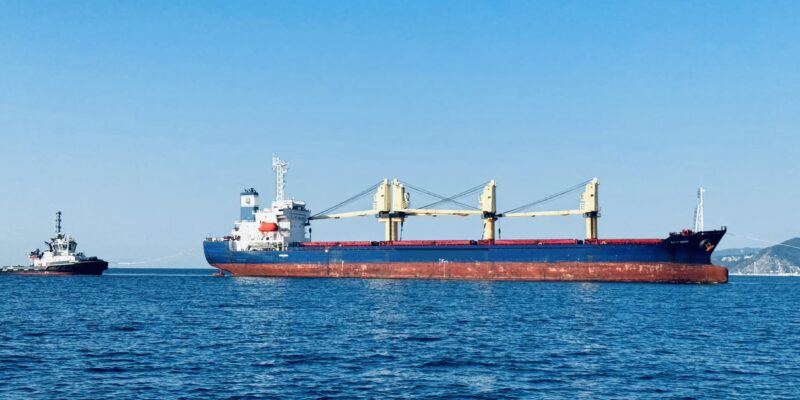A Case to Remember: A Voyage Charter Dispute

In the case at hand, the charterer, who had hired part of a vessel, sought compensation for the lost cargo. However, the insurance company refused to honour the claim, arguing that the damage was caused by the captain’s negligence.
The dispute was highly contentious. Communication between the parties had broken down, and emotions were running high. During coffee breaks, I noticed a shared passion among all the participants: a love for the sea. Beyond their professional roles, they were all either avid sailors or fishermen.
Turning Point at the Seafood Restaurant
This realisation sparked an idea. I proposed that we take a break and step out for lunch together. I suggested a seafood restaurant, with one ground rule: no discussing the dispute during the meal.
The informal setting had an immediate and profound effect. Over plates of seafood, we swapped stories of our maritime adventures—the storms braved, the breathtaking horizons, and the lessons the sea had taught us. By the time lunch was over, the participants were no longer adversaries but fellow mariners united by shared experiences.
When we reconvened, the atmosphere was markedly different. The parties agreed to seek revised mandates from their respective leaderships, embracing a more flexible and collaborative approach. At the second mediation session, they returned with open minds, and the dispute was resolved successfully.
As one client remarked while leaving:
“It is no wonder we anchored safely in the end—with such a sea dog guiding us through the storm.”
I must admit, this was one of the most heartfelt acknowledgements I have ever received in my career as a mediator.
The Lifeline of Modern Commerce: Maritime Trade

Maritime commerce generates a diverse array of conflicts. Among those I have had the privilege of mediating are: charter party disputes, cargo claims, marine insurance disagreements (including conflicts over the scope of coverage, liability, and payouts), and labour disputes involving ship crews. Each dispute is as unique as the seas themselves, shaped by international conventions, local laws, and the high-stakes nature of maritime trade.
This immense reliance on maritime transport creates a complex web of legal, logistical, and financial relationships, which inevitably leads to disputes. While arbitration has traditionally dominated the field of maritime conflict resolution, the use of mediation has been steadily growing in recent years. Many parties are beginning to recognise its potential for fostering quicker, more cost-effective, and collaborative solutions to even the most complex conflicts.
Finding Safe Harbours
I was lucky enough to mediate dozens of maritime disputes, and I have come to believe that maritime mediation is not just a legal process; it is a human one. It is about understanding the people behind the disputes—their challenges, passions, and shared experiences. I can attest that resolving them requires a unique combination of skills—not just expertise in law, but also an understanding of the sea, its challenges, and its culture. For me, it is an extension of my love for the sea and an opportunity to help others navigate through their storms.
As long as goods are moved across oceans, there will be conflicts to mediate, and I have an admission to make: Whenever I am crossing busy shipping lanes (which skippers usually hate), I catch myself reminiscing about the cases I have mediated and the unique stories they carried. It reminds me that every dispute has its own rhythm, shaped by tides of emotion and waves of perspective. Helping others find safe harbour in those storms feels like both a duty and a privilege.
Anyway, fair winds to your mediation endeavours!
________________________
To make sure you do not miss out on regular updates from the Kluwer Mediation Blog, please subscribe here.



